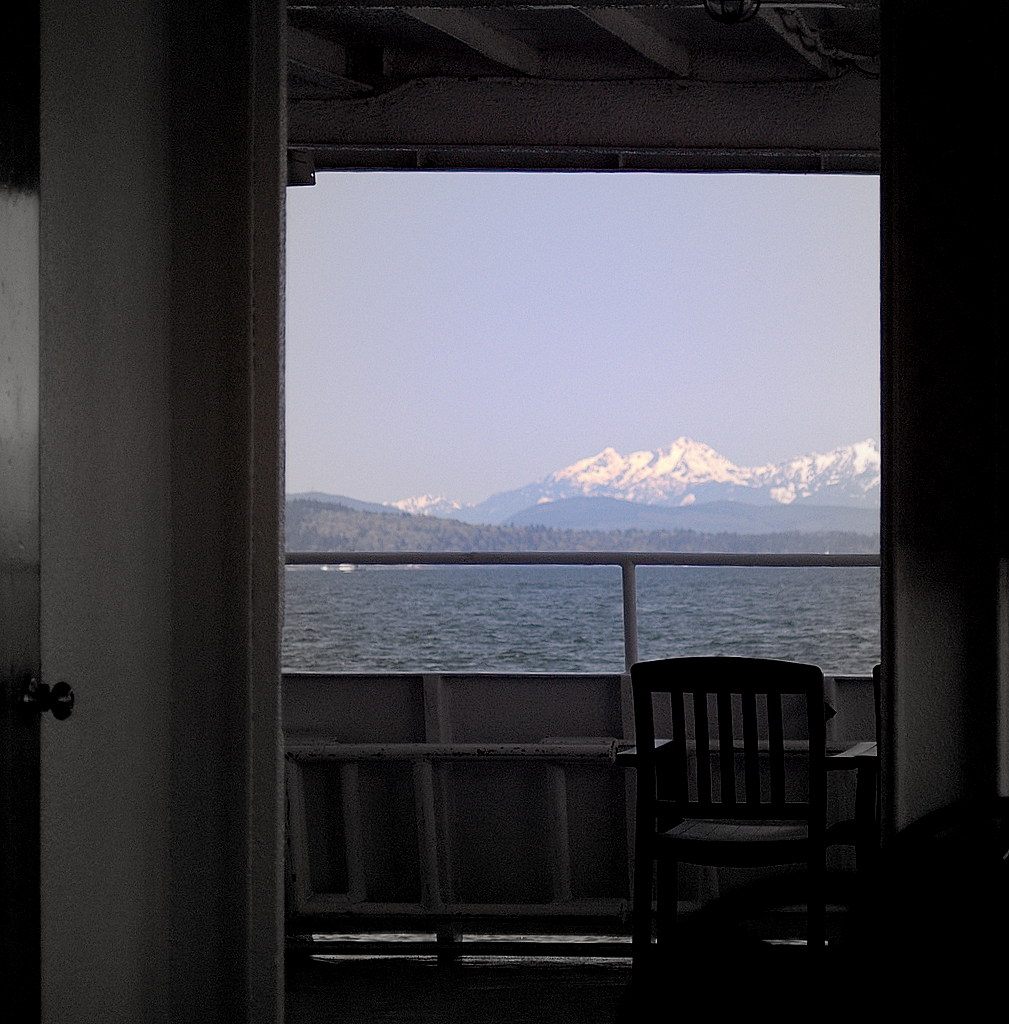The talent every expert & creative needs every day


Would you really want to experience wonder every single day?
An interviewer posed that question. It’s a fair one. I rephrased it for her:
Would you want to experience challenges with more openness and curiosity than constriction? Would you want to experience good surprises, moments of true connection?
What if you could approach your work, your family, and yourself with more open intelligence? Would you want that?
Every single day?
To me, those questions are variations of the first.
If the answer to the latter questions is “Yes,” then so is the answer to the first.
What does wonder have to do with openness?
A key talent to tracking wonder relates to openness, and that talent very well may be the talent that every creative professional – especially the experienced one, the expert, the accomplished one – needs to practice every day.
One evening, a month after your father has died, a piece of music you’ve heard a hundred times before suddenly unravels you, and for a moment you feel your living room swirl in delightful vertigo. Another evening, you’re cutting collards in the kitchen for your children, and for a moment the sound of the knife clacking the cutting board, your little girl’s cackle, and the black blood leaking from the greens spins you in simple beauty.
You’ve delivered the same talk a hundred times to thousands of faces in four countries, but one day, just after your ex-wife texts you a devastating 28-character message, you step on stage, vulnerable, open-hearted, and more alive and connected than you’ve ever felt. The audience responds with a standing ovation.
Wonder is discreet, among our most discreet human experiences – meaning, it’s hard to register and measure. Compare how you experience wonder to awe or joy or exuberance, and you sense what I mean. Before love or hatred tweak our nervous system, we experience wonder. Before disgust or delight register, we experience wonder.
Descartes, in the 1640s, was among the first Western thinkers to recognize this quality in wonder. For these reasons and more, he tagged wonder le premiere du les passions – the first of all emotions. Psychologists, biologists, and ethical philosophers have followed up on and confirmed some of Descartes’ hunches.
To wit, openness to experience – in the field of psychology – refers to our measurable individual interest in art and beauty, our attention to inner sensations and feelings, our intellectual curiosity, our preference for variety, and our active imagination.
Not everyone scores high. Not surprisingly, a few studies show that scientists and professional artists as a whole do score higher on openness to experience measurements than the general population. Some of them might have a disposition to openness, but over several years and decades, they also have acted and thought in such ways that openness has become habitual.
You can habituate openness.
When we wonder, we receive more than seek or flee. We receive the object of wonder – be it an idea, a person, collards or clacking knife, a natural scene – without running away (repulsion, hatred, disgust) or running toward (love, desire, joy).
That conundrum of how and whether to change your website – received. That challenge of how to revision your book’s beginning – received.
For a moment, however fleeting, your temples soften, your pupils widen, and your porous body’s boundaries open.
You find beauty in a barbecue grill.
You see with wonder eyes your partner with whom you’ve shared a thousand bowls of oatmeal.
Your friend or pet, forcing her last breaths, looks strangely radiant and gorgeous.
In a conversation, you don’t close it with your agenda or attempts to prove yourself. Instead, you turn with the other person, open to the space between you two.
Wonder literally expands vision (as opposed to fear, which constricts it). That is, when in wonder, our peripheral vision widens, according to the work of Barbara Frederickson. Wonder arouses what I call the marginal felt mind. With the marginal felt mind, feeling and awareness connect; thoughts are almost visceral. The body itself feels open instead of tight. Cognitive scientist Don Norman – who authored Emotional Design: Why We Love (Or Hate) Everyday Objects Basic Books 2003) – writes,
“Consciousness also has a qualitative, sensory feel.”
Am I suggesting we experience such wonder all day long? No, that’s silly. But every day? No matter what? Yes. A Molly Bloom “Yes!”
Open Intelligence
Open Intelligence is one of the four talents to track wonder. It’s the talent to receive what is there without judgment or projections or opinions. To recognize the beauty of a moment, a person, a place, an object. To recognize the possibility of an idea or project – often where others do not.
It’s a unique intelligence that we adults can cultivate. It’s the intelligence of beginner’s mind but more nuanced than what Zen masters describe.
When approaching problems or moments, its three traits include cognitive border-crossing, circuitous approaches, and receptive exploration.
It’s a crucial talent to cultivate among over-educated people, accomplished experts, and “authority figures” – CEOs, teachers, parents – of all stripes.
You can practice Open Intelligence every day. And you can learn how this June.
June 6-8, I’ll train creatives, professionals, parents, teachers, and leaders in Open Intelligence and three other talents.
The event happens at one of the world’s premier educational centers, Omega in Rhinebeck, New York (90 minutes north of New York City), and the weekend kicks off with best-selling author Diane Ackerman (A Natural History of the Senses, A Natural History of Love, Cultivating Delight) offering a keynote and facilitating conversation on wonder in every day life.
We’ll be indoors and outdoors and the space in between.
This video gets to the heart of it all.
You can read more here.
Wonder is our original genius.
Join me to reclaim it.
Be well, and thanks for running with me,
Jeffrey